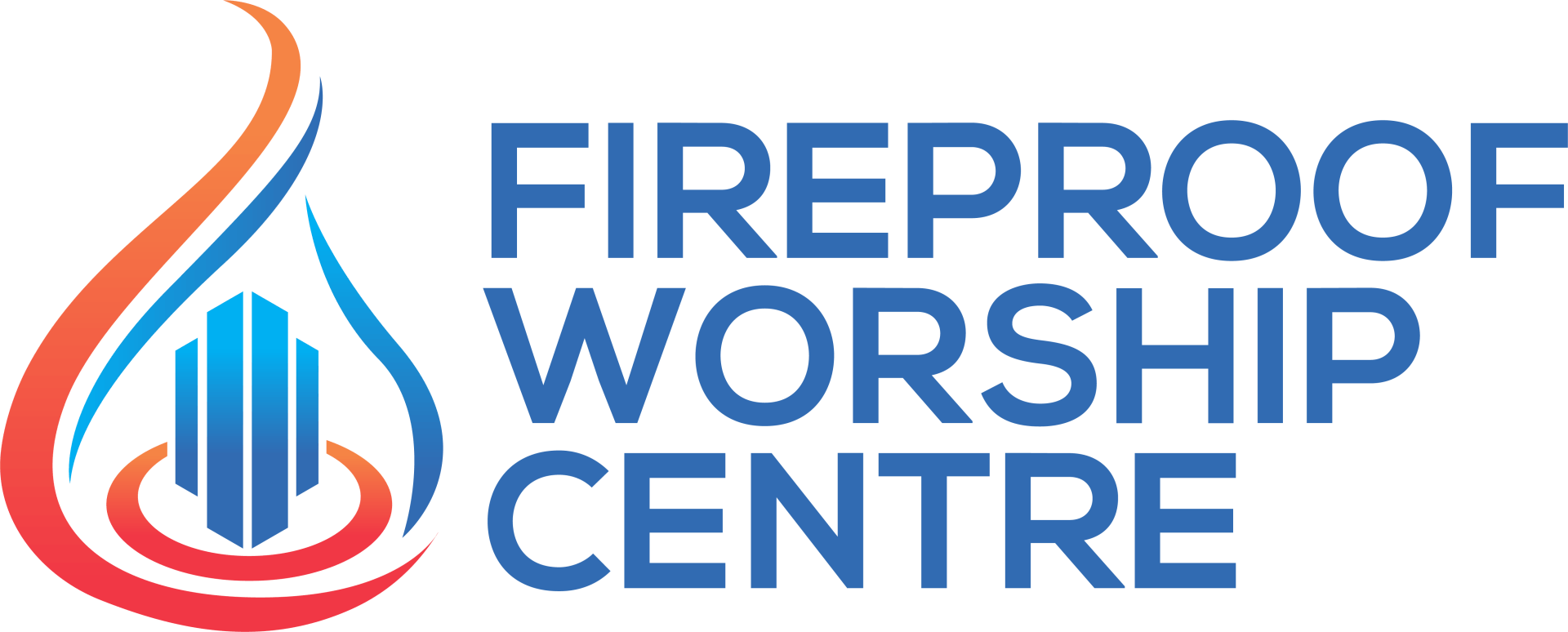Standard Practice Policy
1. Shared leadership – leadership is a process and happens at every level throughout an
organization.
2. Asset-based/strength-based – every individual has different talents and strengths that make
them unique. Organizations and teams that recognize and deploy people based on their
strengths can achieve higher levels of performance.
3. Respect – regardless of the situation, all people should be treated with respect.
4. Performance is tied to outcomes – performance is not judged on personal.
5. preferences or whims, but on objective outcomes tied to the organization’s needs.
6. A culture of providing ongoing and timely feedback to support performance improvement and personal growth is critical for trust and relationship-building.
7. Our multicultural values live and breathe in our organization and our work and community.
8. Our programs are responsive to diverse ways of learning and meet people where they are. We partner with others to promote collective learning and to build the capacity of the organization as agents of multicultural responsiveness and equity.
Integrity and transparency matter
All management, leaders, volunteers, and staff are expected to operate with integrity and transparency these best practices lead to improved employee morale, organizational loyalty, and engaging work cultures. By pioneering. Transparency will bring value and professionalism to the organization.
Scope
This policy sets forth procedures and measures to protect information identified as trade secrets owned by the organization entities that shall affect all employees (herein, employee includes part and full time; temporary and permanent) and contractors.
Policy
1. Trade Secret Definition
A trade secret is information that is kept secret and provides economic value or a competitive advantage to an organization because of its status as a secret. Examples of information that could be considered a trade secret include information such as, but not limited to, formulas, patterns, algorithms, compilation,
programs, methods, techniques, customers, employee lists, data sets or compilations, product road maps, pricing schedules, failed experimentation, or manufacturing processes.
Information qualifying as a trade secret shall be identified as such by the organization’s Intellectual
board committee and those employee(s) authorized to access this secret shall be responsible for
maintaining its secrecy.
Factors that weigh into the consideration as to whether information should be considered a trade secret
or Company confidential information or protected under other forms of IP are as follows:
- extent the information is known outside the business.
- competing for employees or hiring of the employee trained by the organization.
- extent the information is known inside the business.
- extent of measures that are used to guard the secrecy of the information.
- ease or difficulty in reverse engineering.
- value of the information to the organization and competitors
- effort/cost to develop information.
1. What is Responsible Management?
Responsibility of the management and leaders as Stewardship describes the activities undertaken to have oversight, monitor, and, where necessary, intervene on matters that protect the value of the organization.
We seek to build relationships between managers and the board to foster healthy dialogue on a variety of issues such as strategy, performance, risk, capital structure, and corporate governance, including culture and remuneration. Stewardship responsibilities go beyond the day-to-day operation for the sustainable and long-term benefit of its clients, funders, and supporters.
All active managers, leaders, and stewardship of our assets is a critical part of the organization's processes. Individual portfolio managers are responsible for implementing integrity including stewardship activities such as engagement, hiring, supervision, and or oversite.
We commit to act as good stewards of assets held and managed on behalf of the organization. We recognize and expect to align our approach with the organization's beliefs, policies, and guidelines. We seek to be active owners by encouraging good governance and a high standard of corporate practices.
We expect all management team members to follow all principles of good stewardship and are signatories to stewardship codes of best practice in their day-to-day activities.
1. Prohibited
All management and persons in authority are prohibited from sharing trademarks,
competing interests, gaining financial interest from the organization, or gaining profit. The
hiring of staff or work for competing agencies while working for the organization.
Management Rights:
Management is responsible for ensuring that the supervision standard of practice is adopted by all and is effectively carried out. Any person to whom supervisory responsibility has been delegated must fully and properly supervise all employees under their supervision to ensure their compliance with Requirements is met. If a supervisor has not followed the supervision procedures adopted by the organization, the supervisor will have failed to comply with their supervisory obligations under the standard of practice.
Approved and adopted by the board November 6, 2023


